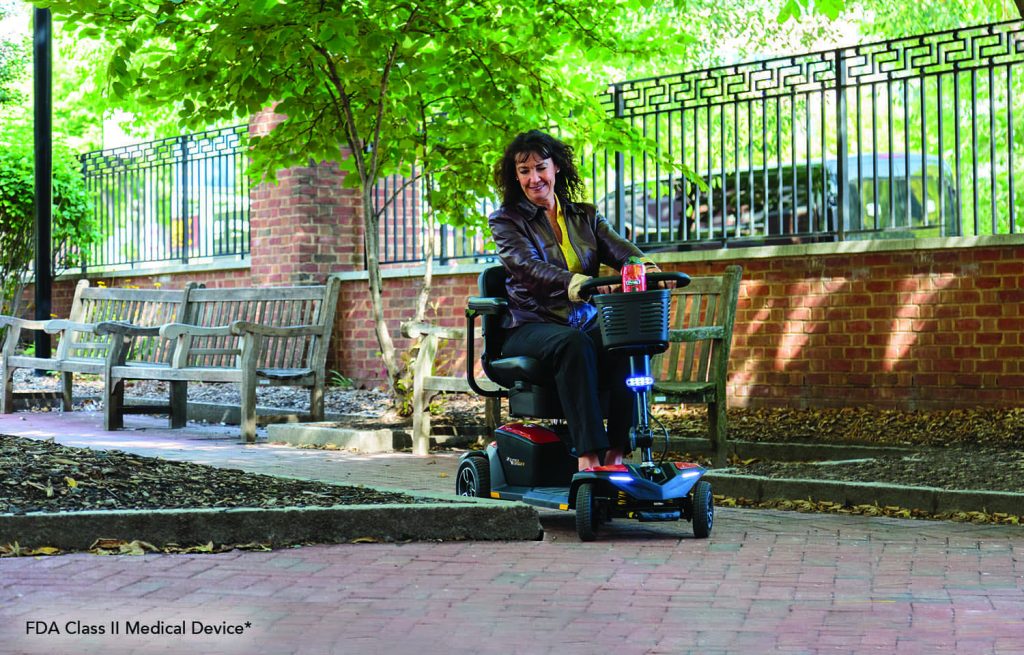Allergy season can be a challenging time, especially for those with respiratory issues like asthma, COPD, or chronic bronchitis. As a respiratory therapist with over 12 years of experience, I’ve worked with countless patients who struggle to breathe easily when allergens like pollen and mold are at their peak. Managing respiratory health during allergy season requires a proactive approach to reduce symptoms and prevent flare-ups.
In this article, I’ll share expert tips and strategies to help you navigate allergy season with confidence and protect your respiratory health.
Why Allergy Season Worsens Respiratory Issues
Seasonal allergies occur when the immune system overreacts to allergens such as pollen, mold, or dust mites. For individuals with respiratory conditions, these allergens can trigger inflammation in the airways, leading to:
- Increased mucus production.
- Wheezing or shortness of breath.
- Exacerbation of asthma or COPD symptoms.
- Coughing and throat irritation.
The combination of allergies and pre-existing respiratory issues can make daily life more difficult. Understanding triggers and implementing effective management strategies is essential for maintaining your well-being.
1. Identify and Minimize Triggers
The first step in managing respiratory issues during allergy season is to understand and reduce exposure to allergens.
a. Common Allergens
- Pollen: Peaks during spring and fall and is released by trees, grasses, and weeds.
- Mold: Thrives in damp environments, such as basements and bathrooms.
- Dust Mites: Found in bedding, upholstery, and carpets year-round.
b. Strategies to Minimize Exposure
- Stay Indoors During Peak Pollen Times: Pollen counts are highest in the early morning and on windy days.
- Use an Air Purifier: High-efficiency particulate air (HEPA) filters can remove allergens from indoor air.
- Close Windows: Keep windows shut during peak allergy season to prevent pollen from entering your home.
- Wash Bedding Regularly: Use hypoallergenic covers and wash sheets in hot water weekly to reduce dust mites.
- Shower After Outdoor Activities: Rinse off allergens that may cling to your hair, skin, and clothes.
2. Manage Symptoms with Medication
Medications can help control allergy symptoms and reduce their impact on your respiratory health. Always consult your doctor before starting or changing any treatment.
a. Antihistamines
- Block the effects of histamine, reducing symptoms like sneezing and itching.
- Examples: Loratadine (Claritin), Cetirizine (Zyrtec).
b. Nasal Corticosteroids
- Reduce inflammation in nasal passages, relieving congestion and postnasal drip.
- Examples: Fluticasone (Flonase), Budesonide (Rhinocort).
c. Bronchodilators
- Help open airways and improve breathing for individuals with asthma or COPD.
- Examples: Albuterol (ProAir), Salmeterol (Serevent).
d. Allergy Immunotherapy
- Allergy shots or sublingual tablets can desensitize the immune system to specific allergens over time.
3. Practice Good Respiratory Hygiene
Keeping your airways clear and reducing irritation can help you manage respiratory symptoms more effectively.
a. Stay Hydrated
Drinking plenty of water thins mucus, making it easier to clear from your airways.
b. Use a Humidifier or Vaporizer
Adding moisture to the air can soothe irritated airways, especially during dry allergy seasons.
c. Try Saline Nasal Irrigation
Using a saline spray or neti pot can flush out allergens and reduce nasal congestion.
d. Avoid Smoke and Strong Odors
Cigarette smoke, chemical fumes, and perfumes can further irritate already-sensitive airways.
4. Strengthen Your Respiratory System with Exercise
Staying active can improve lung capacity and overall respiratory health, but it’s important to exercise wisely during allergy season.
a. Choose the Right Time and Place
- Exercise Indoors: Consider indoor activities like yoga or swimming to avoid outdoor allergens.
- Avoid High-Pollen Times: Exercise later in the day when pollen counts are lower.
b. Use a Rescue Inhaler if Needed
If you have asthma or COPD, keep your rescue inhaler on hand during exercise and follow your doctor’s recommendations.
c. Practice Breathing Exercises
Deep breathing techniques, such as diaphragmatic breathing, can strengthen your lungs and improve airflow.
5. Create an Allergy Action Plan
Working with your doctor to create a personalized allergy action plan can help you stay ahead of potential flare-ups.
What to Include in Your Plan:
-
Identify Triggers: List the allergens that worsen your symptoms.
- Symptom Management: Include medications and treatments for mild, moderate, and severe symptoms.
- Emergency Protocols: Outline steps to take in case of an asthma attack or severe reaction, including when to seek medical attention.
- Follow-Up Appointments: Schedule regular check-ins with your doctor to adjust treatments as needed.
6. Consider Specialized Respiratory Equipment
If allergies exacerbate your respiratory condition, certain devices can help maintain clear airways:
a. Nebulizers
Deliver medication directly to the lungs, helping to relieve severe asthma or COPD symptoms.
b. HEPA Filters
Place these in your home’s HVAC system or use a standalone air purifier to trap airborne allergens.
c. Peak Flow Meters
Monitor your lung function to detect early signs of a flare-up.
FAQs
1. How do I know if my symptoms are from allergies or a respiratory condition?
Yes, but always check with your doctor to ensure there are no interactions between medications.
2. Can I use over-the-counter allergy medications with my asthma inhaler?
3. How do I know when it’s time to see a doctor?
If your symptoms worsen or you experience difficulty breathing, chest pain, or persistent wheezing, seek medical attention immediately.
4. Are masks effective against allergens?
Yes, wearing a mask outdoors can reduce exposure to pollen and other airborne allergens. Look for masks with a HEPA filter for maximum protection.
5. Can allergy immunotherapy cure my allergies?
Conclusion: Breathing Easier During Allergy Season
Allergy season doesn’t have to take a toll on your respiratory health. By identifying triggers, managing symptoms, and implementing preventative measures, you can reduce the impact of allergies and maintain control of your respiratory condition. With a proactive approach and the right tools, you can navigate allergy season with confidence and breathe easier.






